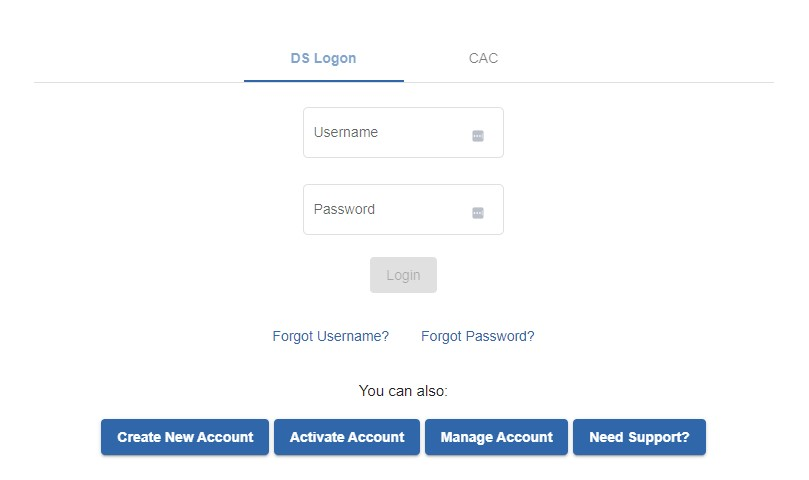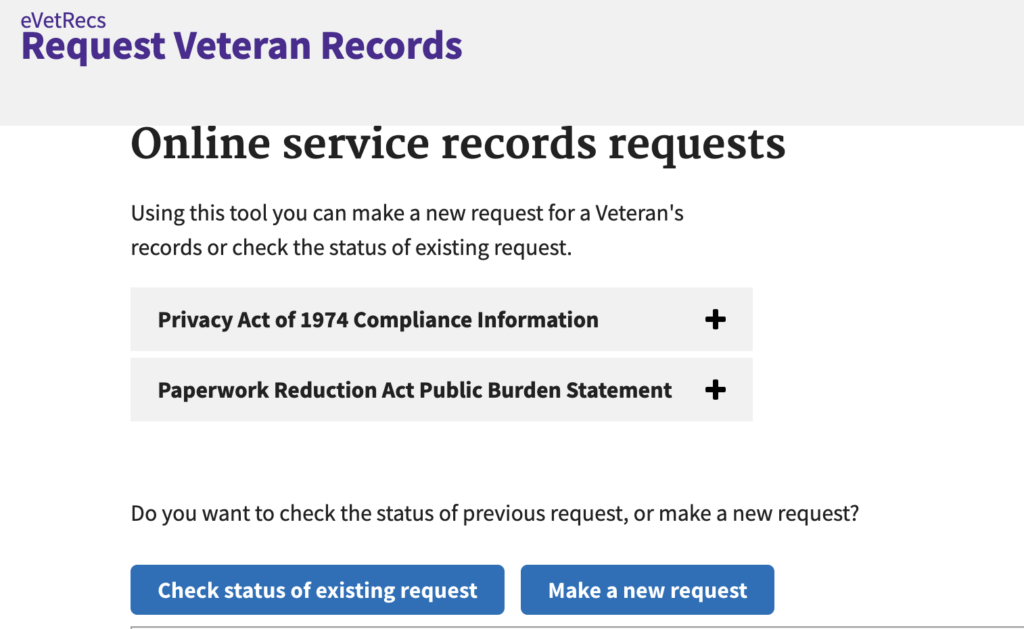Do Reservists Get a DD214? A Comprehensive Guide

All active duty service members are aware of how vital a DD Form 214 is to their post-military service life. This significant document allows active duty members and veterans to claim their benefits. However, does the same importance apply to National Guard and reserve members?
Military service is considered an honor, not a right. Hence, most people who rendered service for the country are given veterans benefits. On the other hand, you can’t just go to a hospital and claim that you’re a veteran to obtain healthcare benefits. You need to present proof that you once had active duty status. For most institutions, a DD Form 214 would suffice.
Given that it is common knowledge that active duty members are given this document, reserve component members may be under the impression that they aren’t entitled to receive a DD Form 214. This article will explore that and more.
Contents
What Is a DD Form 214?
Formally known as the Certificate of Release or Discharge from Active Duty, the DD Form 214, or simply DD214, is an official document issued by the Department of Defense (DoD). This is given to service members once they retire, separate, or get discharged from the US military.
This document captures one’s active service history in a few pages, and the DoD has been releasing this official file since January 1950. Before 1950, various types of similar documents, like NAVCG 553, NAVMC 78PD, NAVPERS 553, WD AGO 53-55, WD AGO 55, and WD AGO 53, were issued.
The main difference between the DD Form 214 and the other discharge documents issued is that this form is uniform among all military branches. Hence, you can use it when you need something from the Air Force Personnel Center or National Guard Association.
All veterans need their DD214 for various reasons. Aside from claiming veterans benefits, this form allows them to reenlist for military service and apply for other employment opportunities.
Do Reservists Receive a DD214?
A reserve member is given a DD214 only if they were once on active duty. This file is issued after a person has undergone initial training and is separated from active duty after serving for at least 90 consecutive days.
If that person was a reserve member but never activated, they won’t receive a DD Form 214. In short, not all reservists receive this document.
DD214 Eligibility for Reservists
Guard and reserve members receive a DD Form 214 if these circumstances apply to them:
- That person was separated from a period of active duty for training
- That person underwent full-time training duty
- That person served active duty for 90 days or more
The DD214 Application Process for Reservists
Let’s say you meet the criteria for obtaining a DD214: how can you request one? There are various ways to get a DD Form 214. You don’t necessarily have to visit a government office to make a request.
Online Requests via milConnect Website

Requests for DD Form 214 can be processed through the milConnect website. Here are the steps for this method of request:
- If you haven’t registered yet, create a new account. If available, sign into your account.
- Choose the Correspondence/Documentation option, and select the Defense Personnel Information (DPPI) option in the menu.
- Click the Personnel File tab and choose Request My File.
- Provide all the required information. Indicate that your request pertains to DD Form 214 in the Document Index section.
- Select the Create and Send Request button to submit your request formally.
Online Requests via the e-Vetrecs Website

Reserve members may also refer to the e-Vetrecs website for DD214 requests. They offer a FREE service for service records requests. Here’s how you can request via this website:
- On the first page, choose the Make a New Request option.
- Indicate that you’re a Veteran and that you’re former personnel.
- Provide your military branch and service component. You need to share your intent, too.
- Specify which official document you’re requesting.
- Give your full name and contact details.
- Review all details and click submit once checked thoroughly.
Aside from these websites, you may complete a Standard Form-180 or prepare a formal letter to process your request. You should be as thorough as possible if you’re writing a letter. You may request assistance from the National Personnel Records Center (NPRC) via in-person visits, mail, or fax (314-801-9195). This is their address:
National Personnel Records Center
1 Archives Drive
St. Louis, MO 63138
You can expect the form to be delivered within three to four weeks. We at Military Verification can help you verify active duty status more efficiently, if needed.
Benefits of Having a DD214 for Reservists
You may be entitled to various benefits if you’re a reserve member who once rendered active duty service. For example, you may receive comprehensive dental and medical care, skills training, and educational assistance.
Getting a DD 214 can also be advantageous for employment opportunities. Your military background can help you apply for jobs, significantly government posts. Moreover, VA home loans can help you and your loved ones find a home.
Conclusion
The importance of DD Form 214 cannot be overstated, as it serves as the definitive record of a service member’s time in the military and is crucial for accessing various veteran benefits.
Following instructions and being as thorough as possible is vital for reservists requesting DD Form 214. If you want to learn more about military verification and life in the military, explore the Military Verification website.
FAQs
What is the equivalent of a DD Form 214?
Other forms, like the NA Form 13038, a Certification of Military Service, can substitute for a DD Form 214. We at Military Verification can confirm your military history.
Are reservists considered soldiers?
Technically, yes, reserve members are recognized as soldiers. Reservists may be called to serve their nation, if needed. Their role is especially vital in times of emergency or conflict, providing valuable support to active-duty forces.
Can reservists be called to active duty?
Yes, they may be called to active duty if their country needs them. It’s worth noting that a state of war is not the only circumstance under which reservists can be activated; they may also be called upon during natural disasters, humanitarian crises, or other national emergencies.






